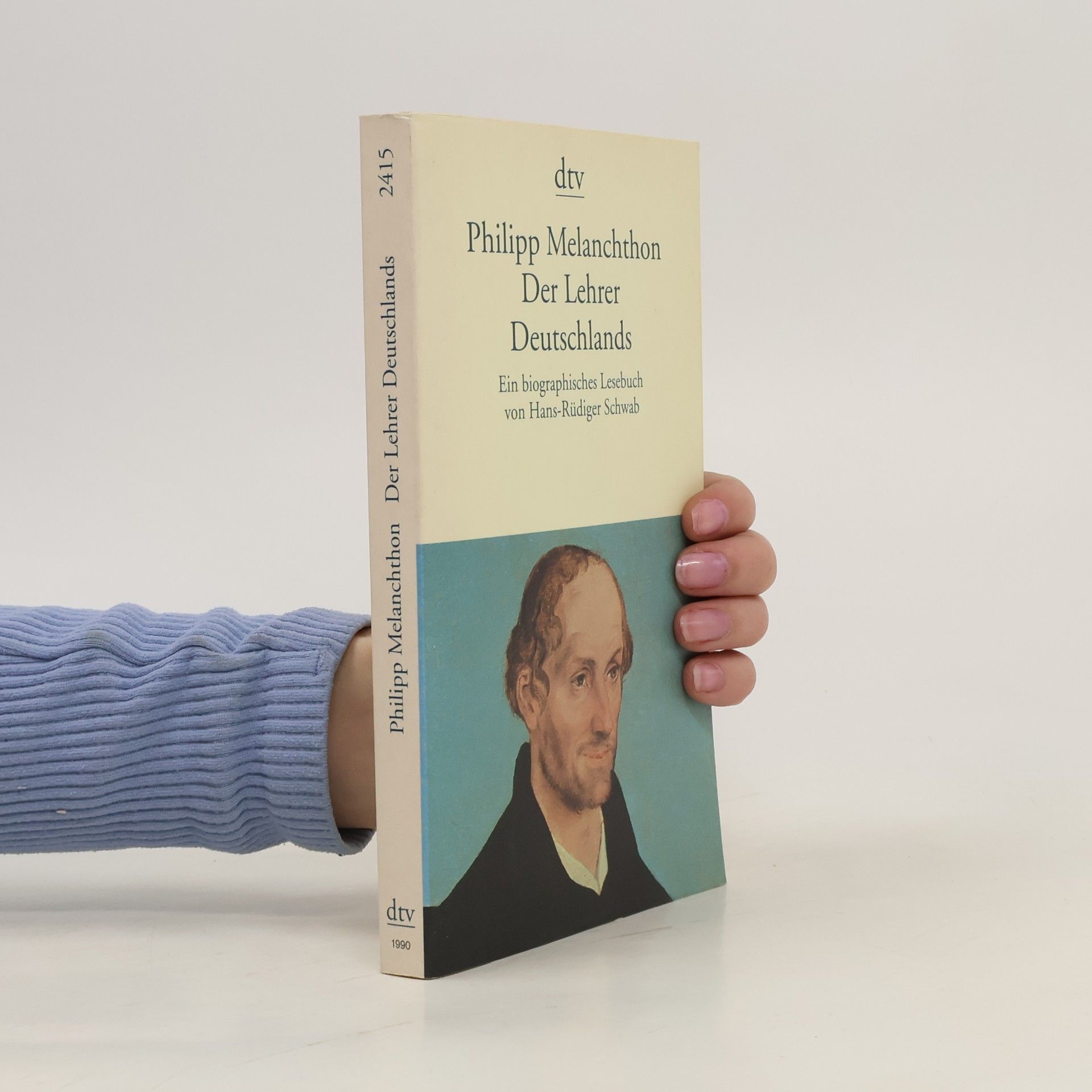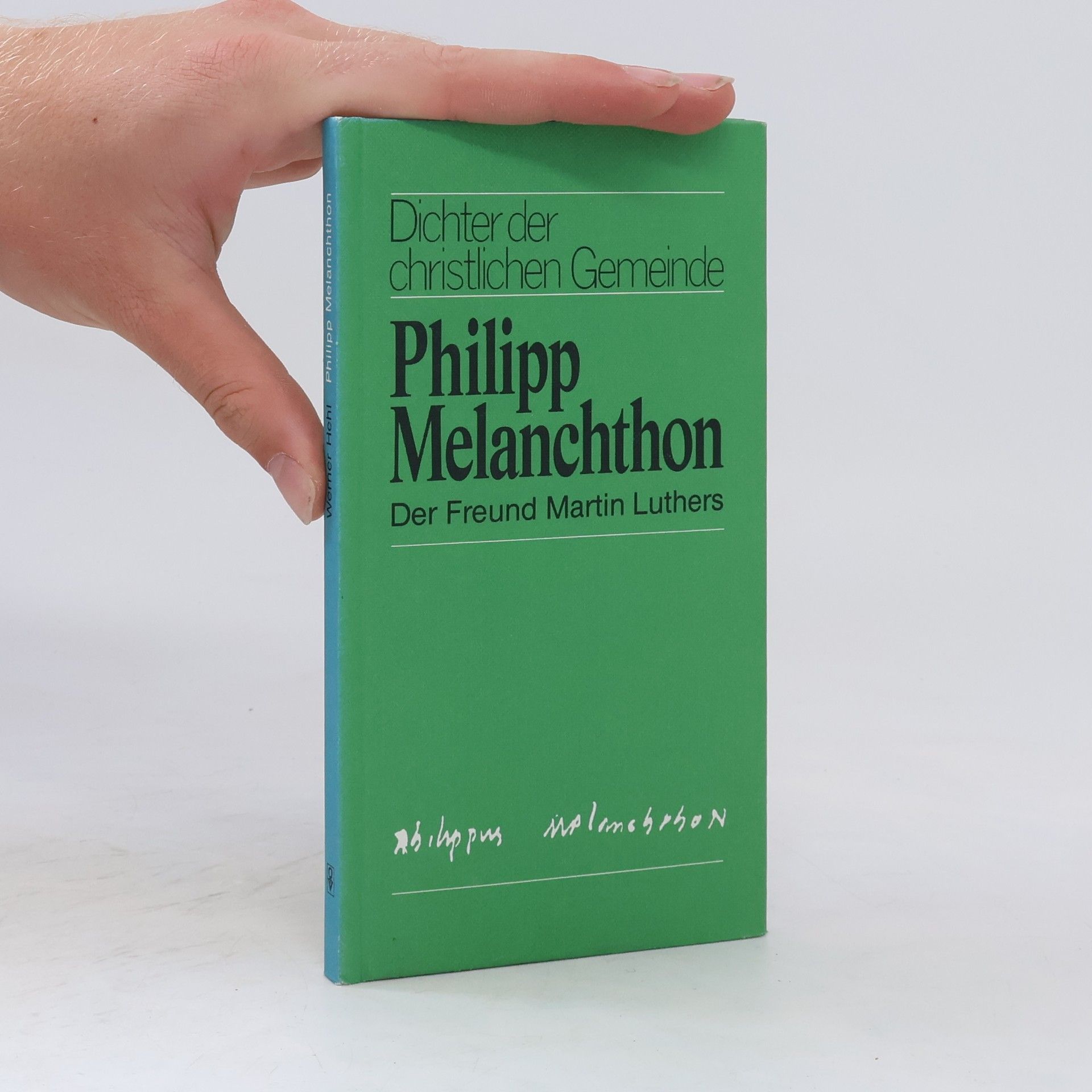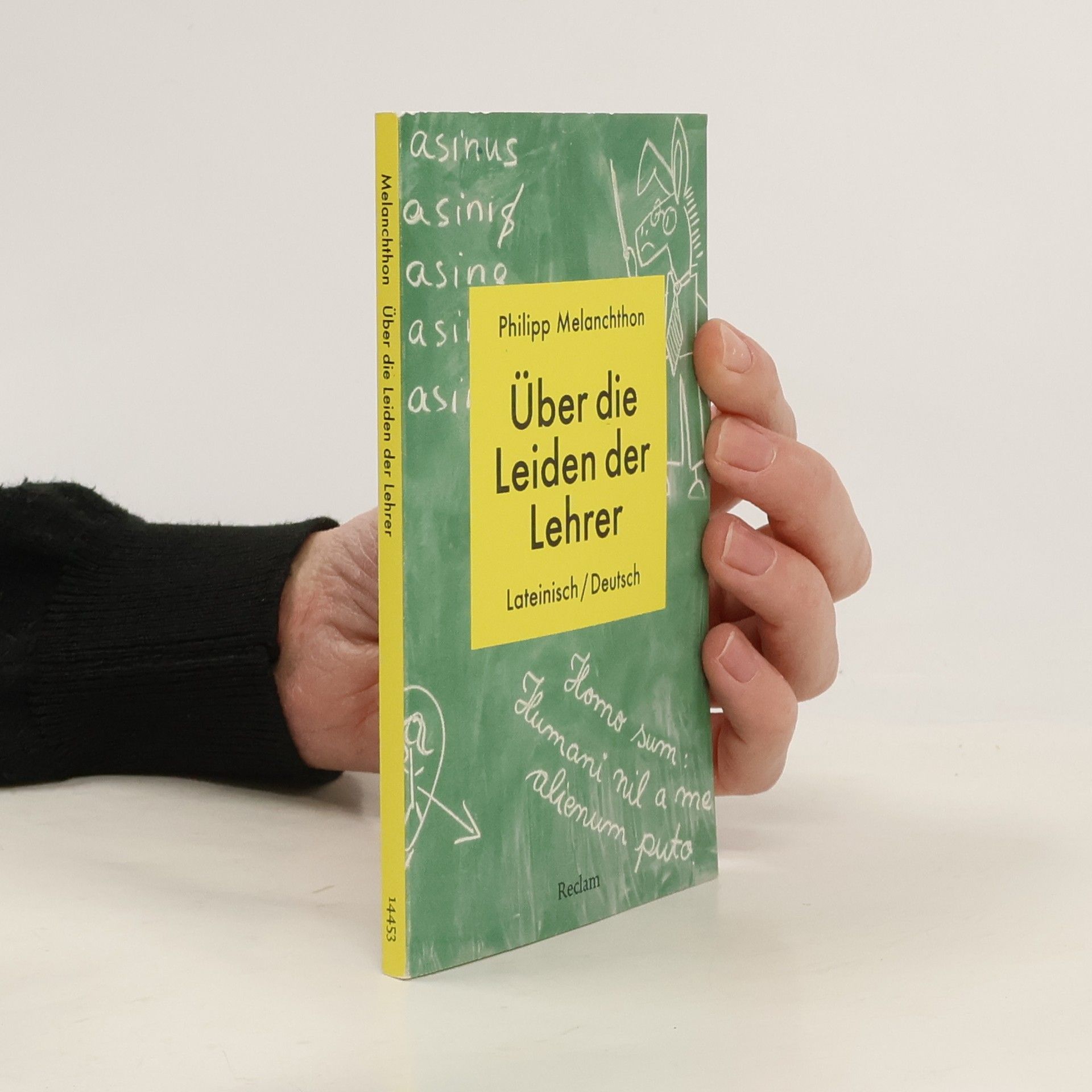Philipp Melanchthon Livres
Philippe Mélanchthon fut une figure primordiale de la Réforme protestante, façonnant la théologie luthérienne et les systèmes éducatifs aux côtés de Martin Luther. Son œuvre se caractérisa par une approche théologique systématique et une distinction fondamentale entre la loi et l'Évangile, ce dernier étant compris comme le don gratuit de la grâce par la foi en Christ. L'influence de Mélanchthon dans la formation du protestantisme est comparable à celle de Luther et Calvin, faisant de lui l'un des fondateurs du luthéranisme. Sa pensée mettait l'accent sur la justification par la foi et rejetait la contrainte de la conscience.






Philipp Melanchthon, der Lehrer Deutschlands
- 282pages
- 10 heures de lecture
Der biographische Index zu Melanchthons Briefwechsel bietet umfassende biographische Informationen, die das Verständnis des Briefwechsels fördern. Er enthält Verwandtschaftsverhältnisse und kurze Charakterisierungen weniger bekannter Personen, während bekannte Persönlichkeiten nur mit wesentlichen Lebensdaten aufgeführt werden.
Der biographische Index zu Melanchthons Briefwechsel bietet umfassende biographische Informationen, die das Verständnis des Briefwechsels fördern. Er enthält Verwandtschaftsverhältnisse und kurze Charakterisierungen weniger bekannter Personen, während bekannte Persönlichkeiten nur mit wesentlichen Lebensdaten aufgeführt werden.
Melanchthon deutsch VI
Sonntagsvorlesungen und Anekdoten
Melanchthon deutsch VII
Aus Melanchthons Alltag

